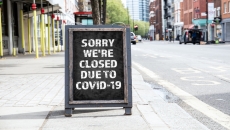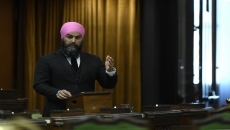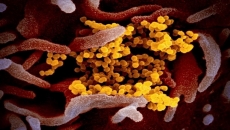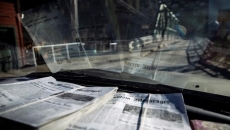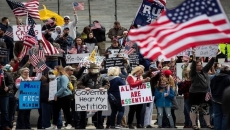B.C. declared a provincial state of emergency on March 18, a day after announcing a public health emergency, and it has been extended to April 28. The measure gives the province authority to take any action necessary to protect people and communities, including charging people who ignore public health orders.
The province has also prohibited reselling essential supplies such as food and cleaning material.The B.C. government has announced steps to improve health-care services that include bringing in 55 new ambulances, five more fixed-wing planes or helicopters and housing options that will help people self-isolate in their home communities.
The government said its also bringing in new and faster virus testing technology — taking less than 45 minutes to complete — in an attempt to quickly stop the spread of the virus. On April 19, B.C. police and enforcement officers start issuing $2,000 tickets for price gouging and reselling essential supplies during the state of emergency.
All parking fees at B.C. hospitals have been cancelled during the pandemic to ensure safer access for patients and staff. Officials have prohibited gatherings of more than 50 people in one place, including restaurants, schools, places of worship, theatres, casinos, sports arenas and outdoor venues. That has forced the cancellation of the annual TD Vancouver International Jazz Festival in June. All provincial parks are also closed.
The Vancouver park board says cars are being banned from most roads in Stanley Park to give cyclists, walkers and joggers more room. Officials have also issued fire restrictions as the wildfire season begins.

